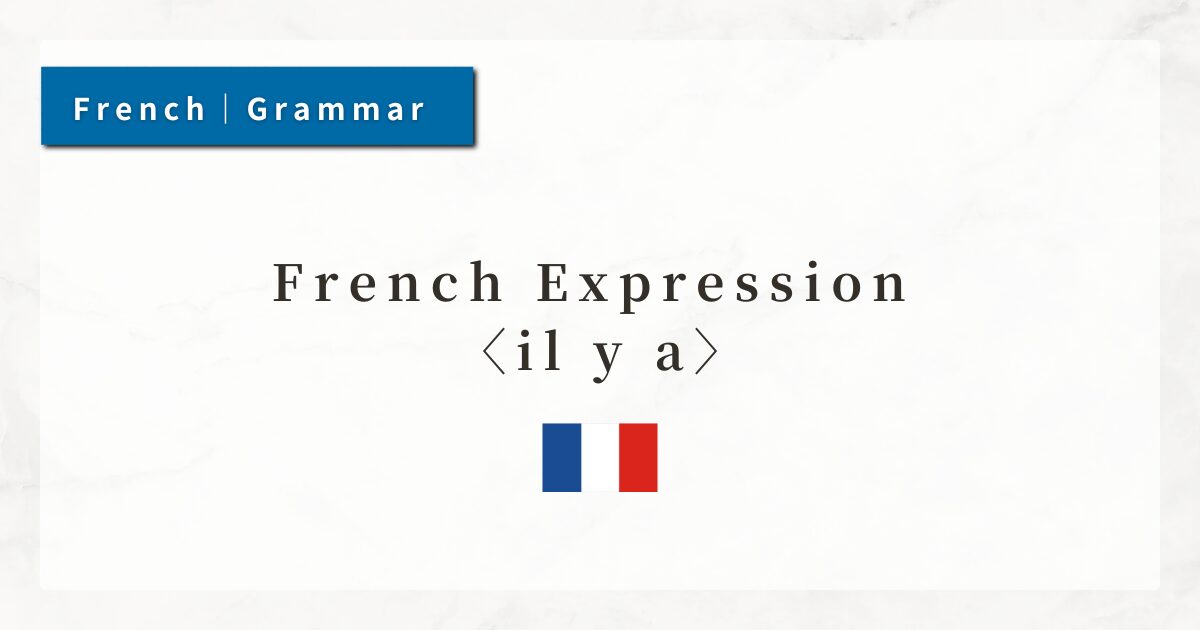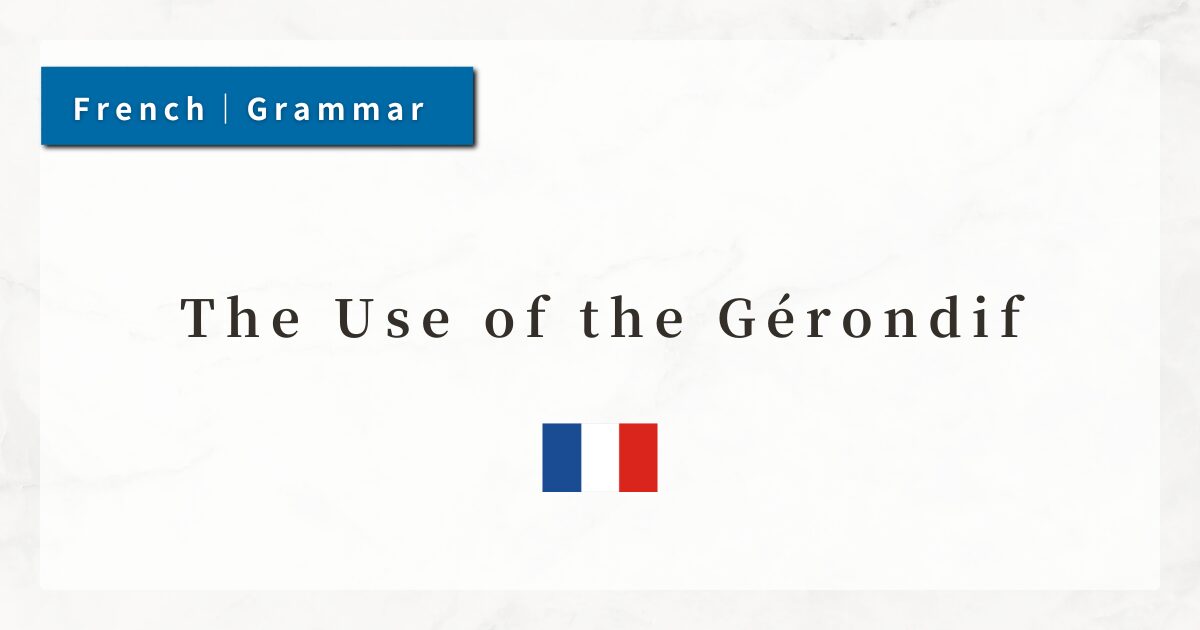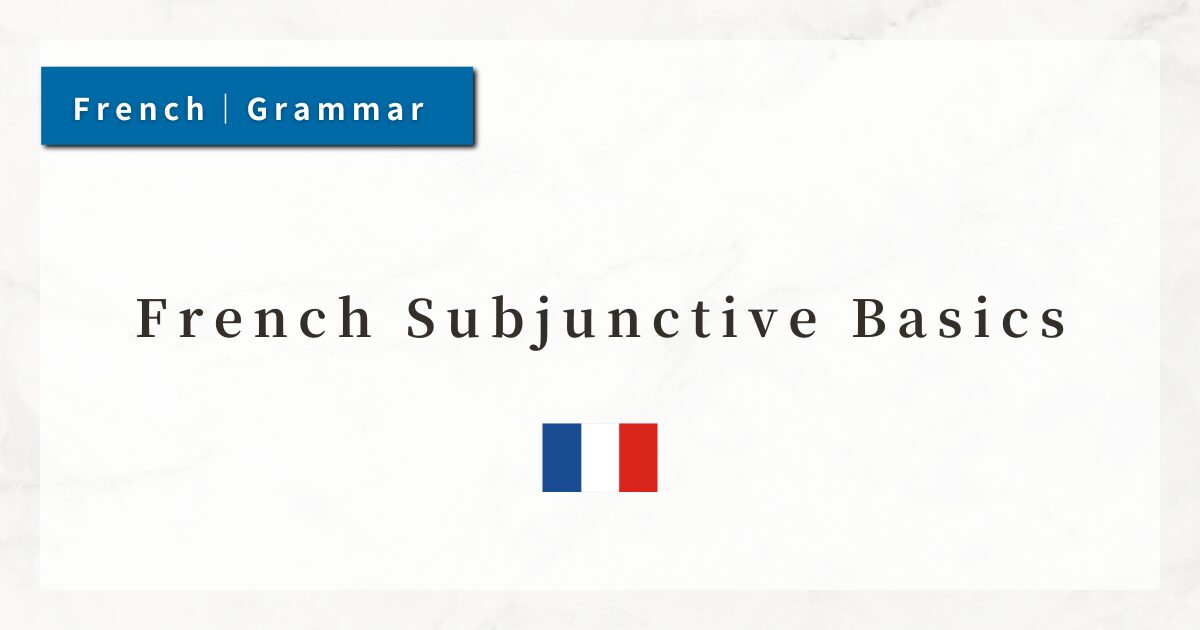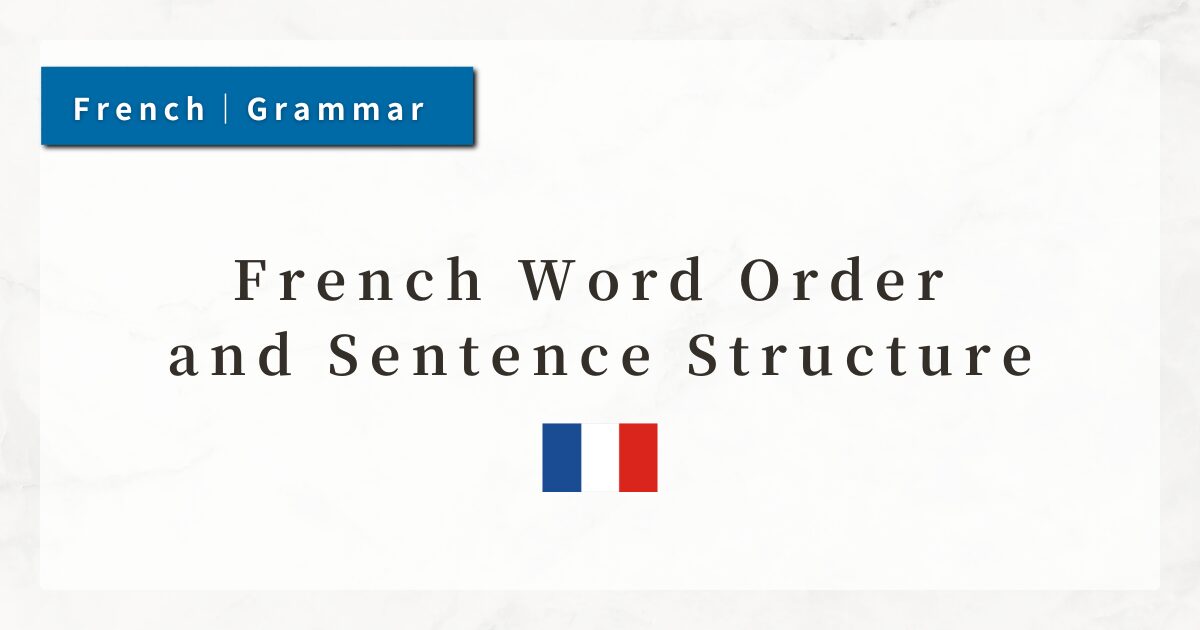#23 French Third Group Irregular Verbs in the Present Tense | Conjugation Rules and Usage
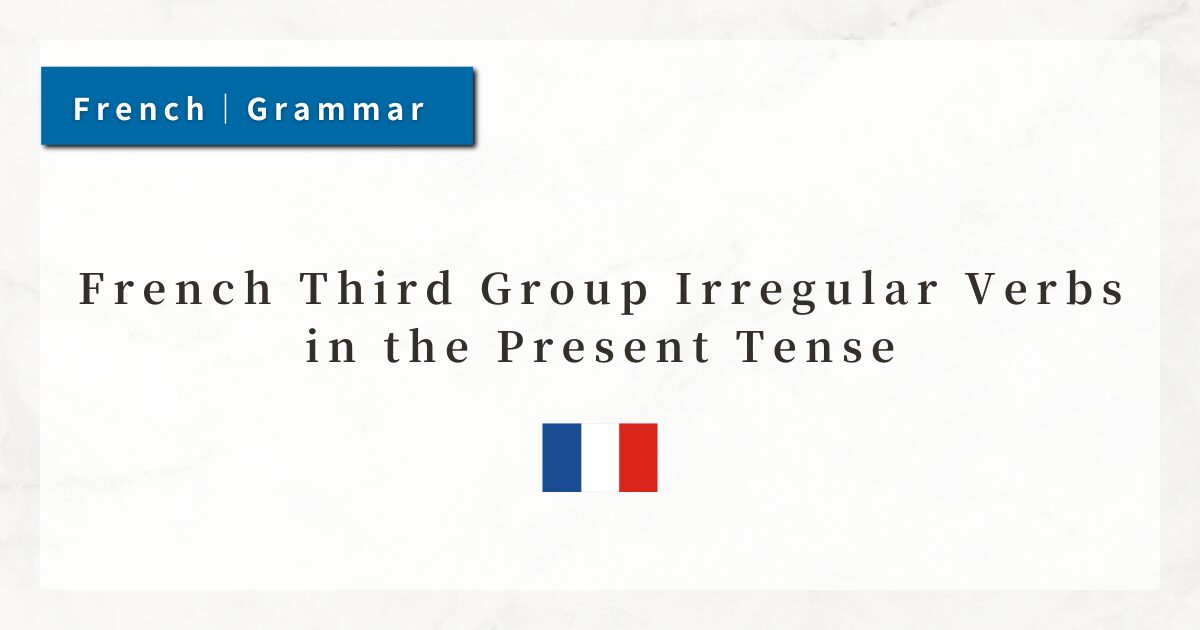
French verbs are divided into three groups, and among them, third-group verbs are highly diverse and irregular in their conjugations.
Many of the most common verbs used in daily life belong to this group, which makes mastering them at an early stage essential.
In this lesson, I will explain the conjugation rules of representative irregular verbs in the present tense.
1. What Are Third-Group Irregular Verbs?
French verbs are classified into three groups according to their endings and patterns of conjugation:
| Group | Ending | Features | Example |
|---|---|---|---|
| 1st group | -er | Conjugates regularly | parler (to speak) |
| 2nd group | -ir (with insertion of -iss- in the stem) | Relatively regular | finir (to finish) |
| 3rd group | -ir / -re / -oir (various endings) | Conjugates irregularly | aller (to go), venir (to come), voir (to see) |
Third-group irregular verbs have a variety of endings, and their conjugations change individually.
Therefore, it is necessary to memorize each verb and its forms by subject.
- être (to be)
- avoir (to have)
- aller (to go)
- faire (to do, to make)
- venir (to come)
- prendre (to take)
- mettre (to put)
- voir (to see)
Since these verbs appear constantly in daily conversation, it is crucial to memorize and master them thoroughly.
2. Memorization Is Essential
Unlike first-group (-er) verbs and second-group (-ir + -iss) verbs, which follow relatively predictable patterns, third-group verbs have very little consistency.
They are often described as verbs that must be learned by rote. This is one of the major challenges for beginners, especially because so many frequently used verbs fall into this group.
For practical learning, it is useful to group the most common irregular verbs as follows:
- Basic verbs
→ être, avoir, aller, faire
(used in self-introduction, weather, plans, etc.) - Movement verbs
→ venir, partir, sortir - Everyday action verbs
→ prendre, mettre, voir
The four verbs être, avoir, aller, and faire are among the most frequently used in all of French, so mastering their present tense forms should be the top priority.
3. Common Irregular Verbs and Conjugation Patterns
The main present-tense conjugations of representative irregular verbs are summarized below:
| Verb | Key Present Forms | Notes |
|---|---|---|
| être | suis, es, est, sommes, êtes, sont | Completely irregular; most essential verb |
| avoir | ai, as, a, avons, avez, ont | Frequently used; also used in compound tenses |
| aller | vais, vas, va, allons, allez, vont | Stem changes; used in the near future |
| faire | fais, fais, fait, faisons, faites, font | Extremely common (“to do, to make”) |
| venir | viens, viens, vient, venons, venez, viennent | Notable stem changes |
| voir | vois, vois, voit, voyons, voyez, voient | Stem changes; note y in nous/vous |
As shown above, the stem and endings of third-group irregular verbs vary significantly by subject.
The most practical way to learn them is to memorize each verb together with its subject pronoun.
4. Summary
- Third-group irregular verbs have unpredictable changes in stems and endings, and must be memorized individually.
- Common verbs such as “être, avoir, aller, faire, venir, prendre” are particularly frequent and mastering their present tense is essential.
- Many verbs undergo stem changes, so the most effective approach is to memorize “subject + verb form” pairs and practice them aloud.

